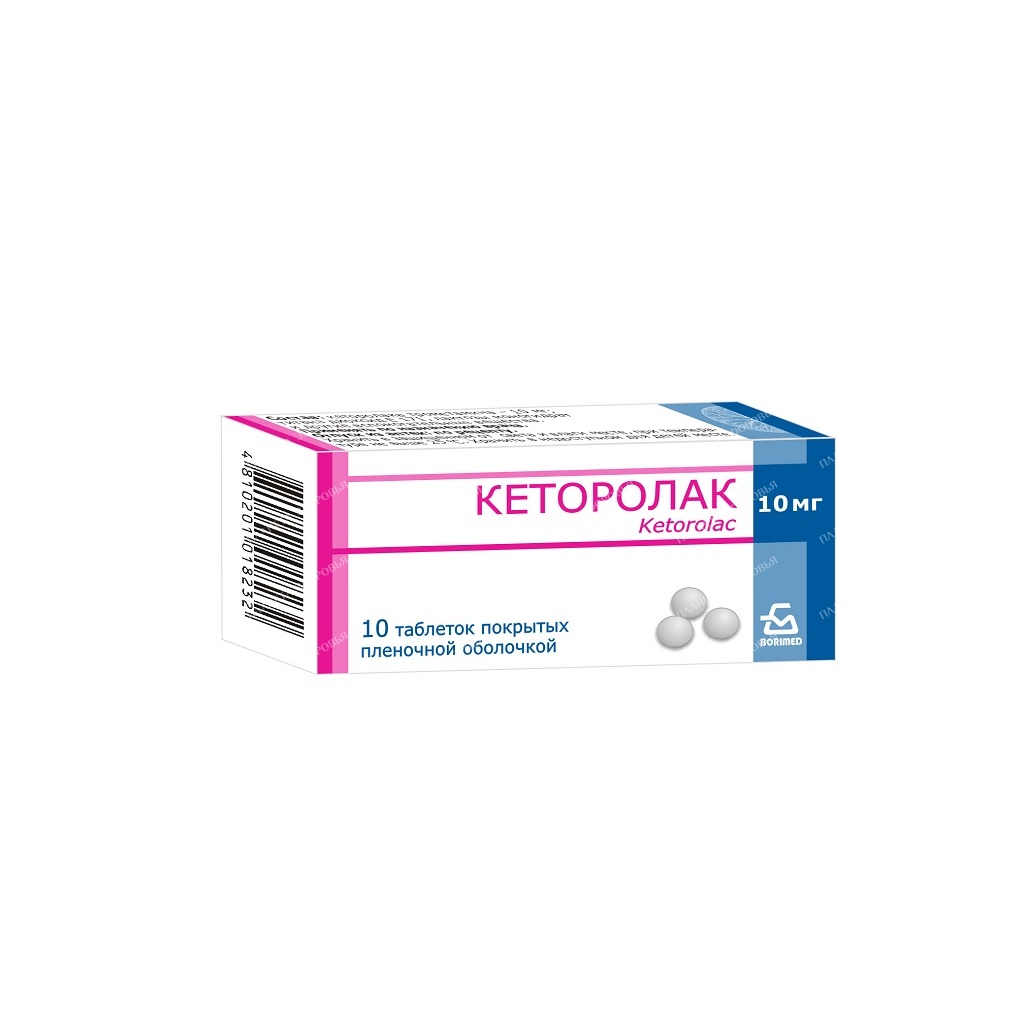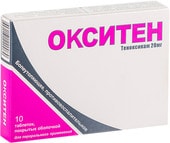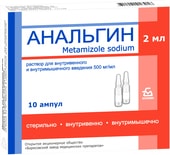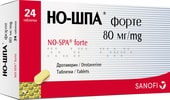-
×
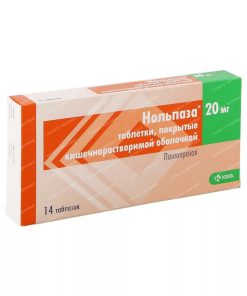 Nolpaza enteric tablets 20mg №14x1
1 × $19.00
Nolpaza enteric tablets 20mg №14x1
1 × $19.00 -
×
 Ecoten PRR-121 Semi-Rigid Lumbar Support Corset
1 × $99.00
Ecoten PRR-121 Semi-Rigid Lumbar Support Corset
1 × $99.00 -
×
 COMBI-RELAX Pillow with 2 Buckwheat Hull Rollers
1 × $79.00
COMBI-RELAX Pillow with 2 Buckwheat Hull Rollers
1 × $79.00 -
×
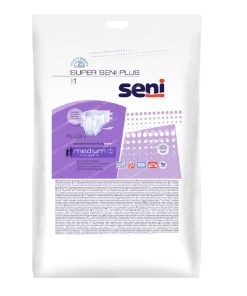 Super Seni Plus medium Breathable diapers for adults 1 pc
1 × $9.00
Super Seni Plus medium Breathable diapers for adults 1 pc
1 × $9.00 -
×
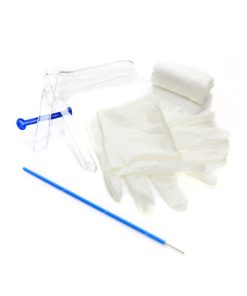 Gynecological set Yuno No. 4M
1 × $9.00
Gynecological set Yuno No. 4M
1 × $9.00 -
×
 Dabur Vatika moisturizing hair conditioner 200ml
1 × $19.00
Dabur Vatika moisturizing hair conditioner 200ml
1 × $19.00 -
×
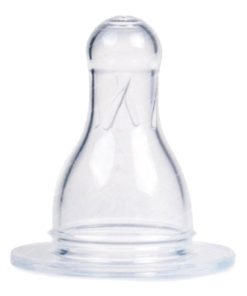 Canpol babies Pacifier mol. silicone (round, fast flow (bag)) 18/317
1 × $9.00
Canpol babies Pacifier mol. silicone (round, fast flow (bag)) 18/317
1 × $9.00 -
×
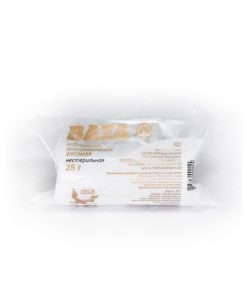 Cotton wool medical hygroscopic eye non-sterile 25 g
1 × $9.00
Cotton wool medical hygroscopic eye non-sterile 25 g
1 × $9.00 -
×
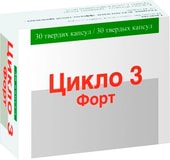 Pierre Fabre Cyclo 3 Fort, 30 caps.
1 × $57.50
Pierre Fabre Cyclo 3 Fort, 30 caps.
1 × $57.50 -
×
 Super Seni large Breathable diapers for adults 1 pc
1 × $9.00
Super Seni large Breathable diapers for adults 1 pc
1 × $9.00 -
×
 Turbo Ozempic Diet Pills: Fast Weight Loss (60 Capsules)
1 × $109.00
Turbo Ozempic Diet Pills: Fast Weight Loss (60 Capsules)
1 × $109.00 -
×
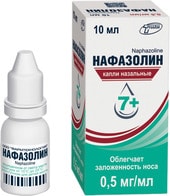 Pharmaceutical technology Nafazolin drops, 0.05%, 10 ml.
1 × $9.00
Pharmaceutical technology Nafazolin drops, 0.05%, 10 ml.
1 × $9.00 -
×
 "BC" Beauty Care Revitalizing lip balm with cedar oil and ginseng extract, 4.2 g
1 × $9.00
"BC" Beauty Care Revitalizing lip balm with cedar oil and ginseng extract, 4.2 g
1 × $9.00 -
×
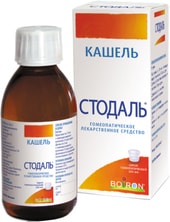 Boiron Stodal Syrup, 200 ml.
1 × $59.00
Boiron Stodal Syrup, 200 ml.
1 × $59.00
Subtotal: $504.50



